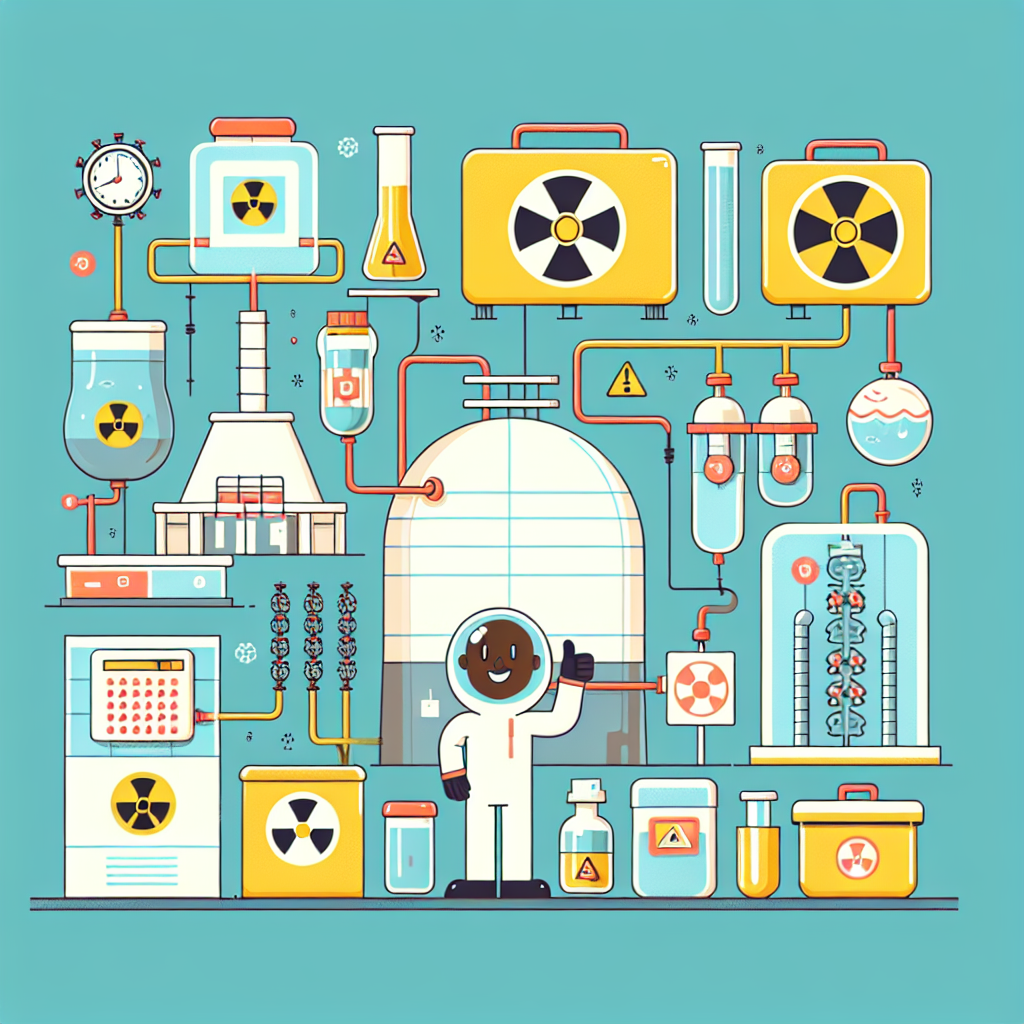South Korea's Nuclear Reprocessing Talks: A New Chapter in U.S. Relations
South Korea and the U.S. have initiated discussions on nuclear fuel reprocessing, contingent on consent from the U.S. due to non-proliferation concerns. This potential agreement, driven by industrial needs, could redefine nuclear policy and raises debates over nuclear arms proliferation and technological spread.

In a move that could reshape global nuclear policies, South Korea and the U.S. have initiated discussions about the possibility of South Korea reprocessing nuclear fuel. The dialogue follows a recent summit between U.S. President Donald Trump and South Korean President Lee Jae Myung.
Currently, South Korea is restricted from reprocessing spent nuclear fuel—a material that could potentially be used for nuclear weapons—without U.S. consent. This landmark initiative underscores Seoul's desire to independently manage nuclear fuel for industrial and environmental reasons, not to develop nuclear arms.
The U.S. State Department remains reticent on specifics, maintaining a longstanding policy against spreading enrichment capabilities as part of global non-proliferation efforts. Meanwhile, South Korean public opinion heavily favors an independent nuclear arsenal amid regional security uncertainties.
(With inputs from agencies.)










